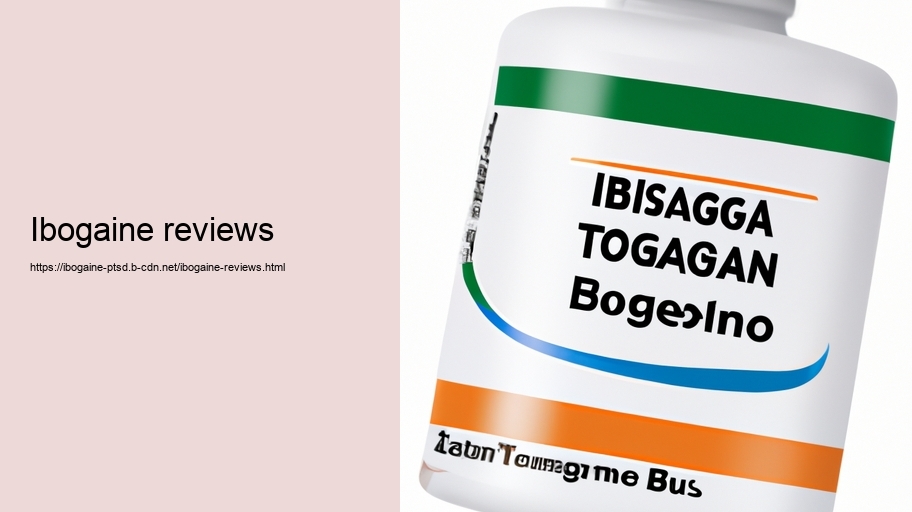Ibogaine, a naturally occurring psychoactive substance found in the West African shrub Tabernanthe iboga, has been a subject of interest and controversy in recent years. The compound is known for its powerful effects on the mind and body, which some claim can alleviate symptoms of drug addiction and provide profound psychological insights. As with any potent substance, reviews of ibogaine experiences are varied and complex. In this essay, we will explore the diverse perspectives on ibogaine based on user testimonials, scientific research, and therapeutic outcomes.
Firstly, many reviews come from individuals seeking liberation from opioid addiction—a grueling challenge that often resists conventional treatments. Users recount transformative experiences where ibogaine seems to interrupt their physical cravings and withdrawal symptoms while facilitating an intense reflective journey through their personal history and traumas. Testimonials frequently speak to the vivid visions or dream-like states induced during an ibogaine session—experiences that are described as both challenging and enlightening.
Those who have turned to ibogaine often speak about reaching a deeper understanding of their addictive behaviors. They report emerging from the experience with a fresh perspective on life, feeling reborn with a newfound sense of purpose or direction. Reviews like these contribute to the narrative that ibogaine may hold significant potential as a tool for deep psychological healing.
However, these glowing accounts are just one side of the story. Ibogaine is not without its risks—and they are substantial enough to warrant caution. Some users recount harrowing experiences filled with intense anxiety or confusion during their sessions. Moreover, there are documented cases where individuals have suffered adverse medical consequences due to ibogaine ingestion; in extreme circumstances, it has even led to fatalities due to its effects on heart rhythm among other potential complications.
The medical community remains divided over ibogaine's safety and efficacy as a treatment modality for addiction recovery due mainly to its unregulated status in many countries and lack of comprehensive clinical trials. While some small-scale studies suggest possible benefits for those struggling with substance dependency issues, particularly opiates, rigorous scientific validation remains elusive.
Furthermore, users' reviews indicate that setting plays a critical role in shaping their experience with ibogainethat cannot be ignored when evaluating anecdotes and testimonies.. Those who undergo treatment in unsupervised settings or without proper medical oversight tend to report more negative outcomes compared to those treated at specialized clinics where psychological support is provided before,duringand after ingestionofthe substance.
Another important consideration arising from user reviews is the significance of post-treatment support. Even when people describe positive initial shifts following an encounter with iboga's alkaloids,, sustaining long-term sobriety requires ongoing commitment—and here too results vary widely.. For some people ,iboga serves as a catalyst for enduring change ;for others,it represents buta transient respitefrom their struggles .
In conclusion ,reviewsofiboga ine painta picturethat isas complexasitissuggestive .Whiletherearescoresof anecdotal accountstoutingitspotentialasarevolutionaryaddictiontreatment,,therisksinvolvedcannotbeoverlooked .Asresearch continuesandourunderstandingofhowbesttoharnessiboga ine 'spropertiesprogresses ,wemayfindamore definitiveanswerastoitsplace withinthearsenalofrecoverytools .Untilthen ,personalstoriesandcautionarytaleswillcontinue tomingleinthecollectiveconsciousness surroundingthismysteriousandsome wouldsaymiraculoussubstance .
